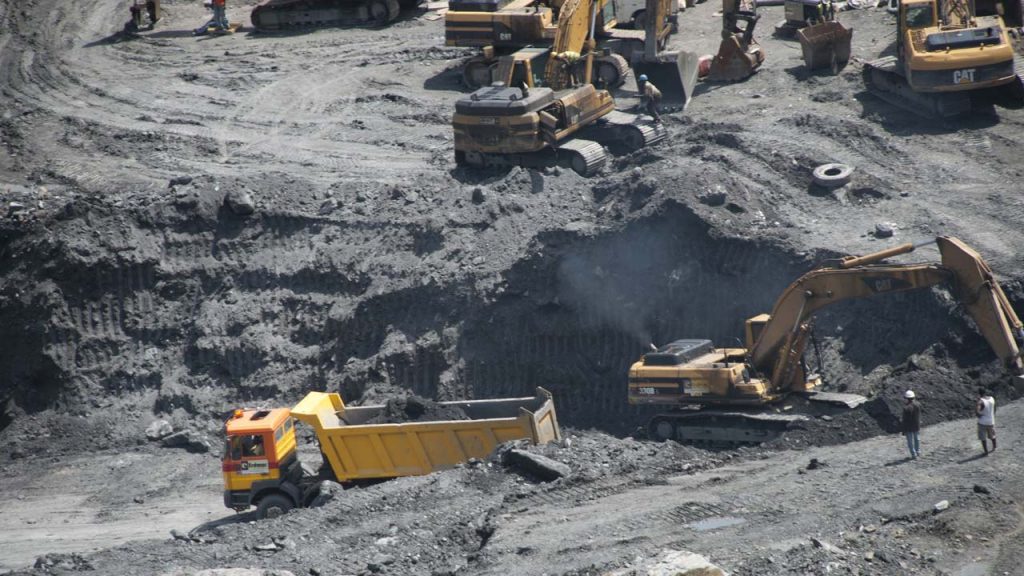The Civil Society Legislative Advocacy Centre (CISLAC) and the Nigeria Extractive Industries Transparency Initiative (NEITI) have called for a renewed agenda for civil society organisations (CSOs) to strengthen transparency, accountability, and reform in Nigeria’s extractive industries.
The organisations made the call during a courtesy visit by NEITI’s Executive Secretary, Dr. Orji Ogbonnaya Orji, to CISLAC headquarters in Abuja.
Executive Director of CISLAC and Head of Transparency International Nigeria, Auwal Musa Rafsanjani, who received the NEITI’s team, described the engagement as a reaffirmation of shared commitment to reform in Nigeria’s extractive industries.
Rafsanjani recalled that CISLAC was among civil society groups that championed the establishment of EITI in Nigeria, which led to the passage of the NEITI Act in 2007 and the creation of structures for legislative oversight.
He emphasised that both CISLAC and NEITI have been natural allies, collaborating on policy dialogues, community engagement, beneficial ownership advocacy, and amplifying audit findings.
Rafsanjani observed that Nigeria is navigating complex challenges, including declining oil revenues, the growing imperative of energy transition, and emerging governance risks in the expanding solid minerals sector.
He urged stronger collaboration between NEITI and civil society to ensure that transparency reports translate into real benefits for citizens, especially in host communities.
On his part, Orji said the time had come for civil society under EITI to move beyond routine advocacy to knowledge-driven, solution-oriented leadership.
Orji outlined a new agenda for civil society, which includes energy transition accountability, deeper analysis of contract and beneficial ownership disclosures, fiscal justice advocacy, and stronger collaboration to curb illicit financial flows.
He revealed that NEITI has signed Memoranda of Understanding with the anti-graft agencies and is finalising others with the National Bureau of Statistics and NNPC Ltd., aimed at strengthening oversight of the extractive sector.
He said: “Across the world, civil society organisations have proven indispensable in shaping governance outcomes.
They amplify citizen voices, defend transparency norms, and catalyse reforms that governments and companies alone cannot deliver. Within the Extractive Industries Transparency Initiative (EITI), civil society has remained the conscience of the process, demanding disclosures, safeguarding civic space, and ensuring that reforms translate into meaningful impacts for citizens.
“Globally, CSOs have influenced the direction of international aid, the design of poverty alleviation programmes, and the building of institutions. They have elevated debates on tax justice, climate accountability, illicit financial flows, and debt transparency issues central to sustainable development.
“But as we enter a new era defined by the energy transition, digitalisation, and fiscal pressures, the question before us is not whether civil society matters, but how civil society can redefine and strengthen its role to remain impactful in the years ahead.”
Orji challenged CISLAC to move from regular bulletins to publishing peer-reviewed journals that could provide scholarly insights and institutionalise civic knowledge production.

